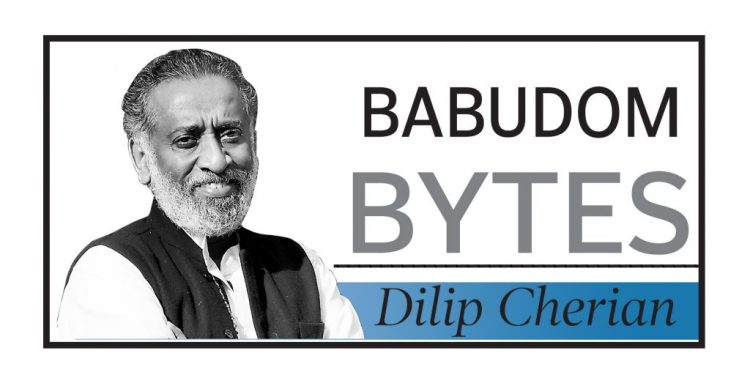To ensure that corrupt all India service officers are not allowed back in the government, the Centre has proposed changing the rules and not allowing review of suspension orders of IAS, IPS and IFS officers if they are convicted in a corruption and criminal case by the courts.
Sources say that the Department of Personnel and Training (DoPT) has decided to amend the All India Services (Discipline and Appeal) Rules, 1969, applicable to Indian Administrative Service (IAS), Indian Police Service (IPS) and Indian Forest Service (IFS) officers, in this regard.
The DoPT has reportedly written to the Home Ministry, which is the cadre controlling authority for the IPS, and to the Ministry of Environment, Forest and Climate Change, the cadre controlling authority of the IFS officers, besides the chief secretaries of all the states and union territories seeking their comments on the proposed changes in the rules.
According to the proposal, such officers’ cases will not be reviewed by the review committee if they are convicted by the courts. That means such babus will continue to remain suspended for an indefinite period until a superior court directs otherwise.
A difficult parting
IAS officer Kannan Gopinathan who had controversially resigned from service last year over the curbs imposed by the government in Jammu & Kashmir is in trouble. An FIR has been registered against him for not joining duty as directed by a government order amid the coronavirus pandemic.
Gopinathan may have put in his papers last year, but the government has not accepted his resignation even after eight months. So, in view of the pandemic outbreak, the government issued an official letter asking him to rejoin the service. The 2012 batch IAS officer from Kerala was posted in Dadra and Nagar Haveli as power and non-conventional energy secretary when he resigned. The letter was sent on the direction of the Administration of Daman, Diu and Dadra Nagar Haveli, stating that resignation becomes effective only when it is accepted, and a government servant is relieved of his duty.
Gopinathan has called this an “act of harassment” by the government. Clearly, his parting of ways with the service is likely to be a long-drawn and messy affair.
PMO gets new structure
The major reshuffle that saw Tarun Bajaj and A.K. Sharma moving out of the Prime Minister’s Office (PMO) has been followed up quickly by another rejig. Six joint secretaries have been tasked with the responsibility of dealing with six verticals and will report to Principal Secretary P.K. Mishra, National Security Advisor Ajit Doval, Principal Advisor P.K. Sinha, and Advisors Bhaskar Kulbe and Amarjeet Sinha. The effort is to bring greater organization into the structure of the PMO. The joint secretaries are Gopal Baglay, Rudra Gaurav Shresth, Arvind Shrivastava, Shrikar Pardeshi, Hiren Joshi and Rohit Yadav. They have also been assigned different states. The verticals are economy, finance, infrastructure, HR, governance, foreign and security, agriculture, rural, social, administration and monitoring etc.
According to the hierarchy, director-level officials have to report to the joint secretaries. They, in turn, report to senior officials such as Principal Secretary, National Security Advisor and other Advisors in the PMO. At the moment, the PMO has six joint secretaries – two IFS officers and four IAS officers.
Share a babu experience! Follow dilipthecherian@twitter.com . Let’s multiply the effect







































